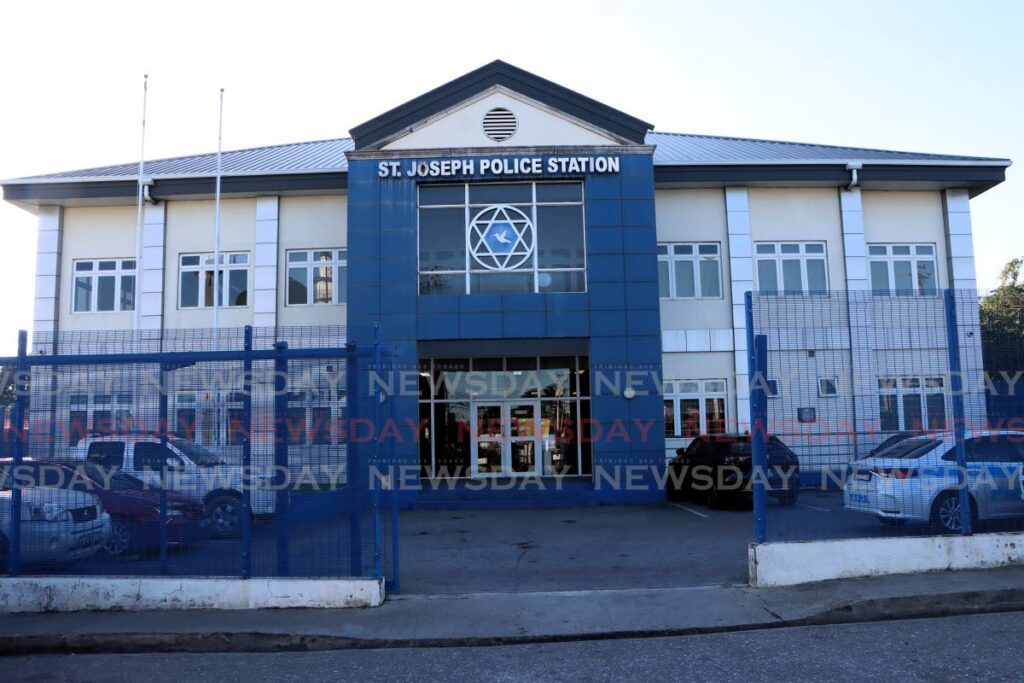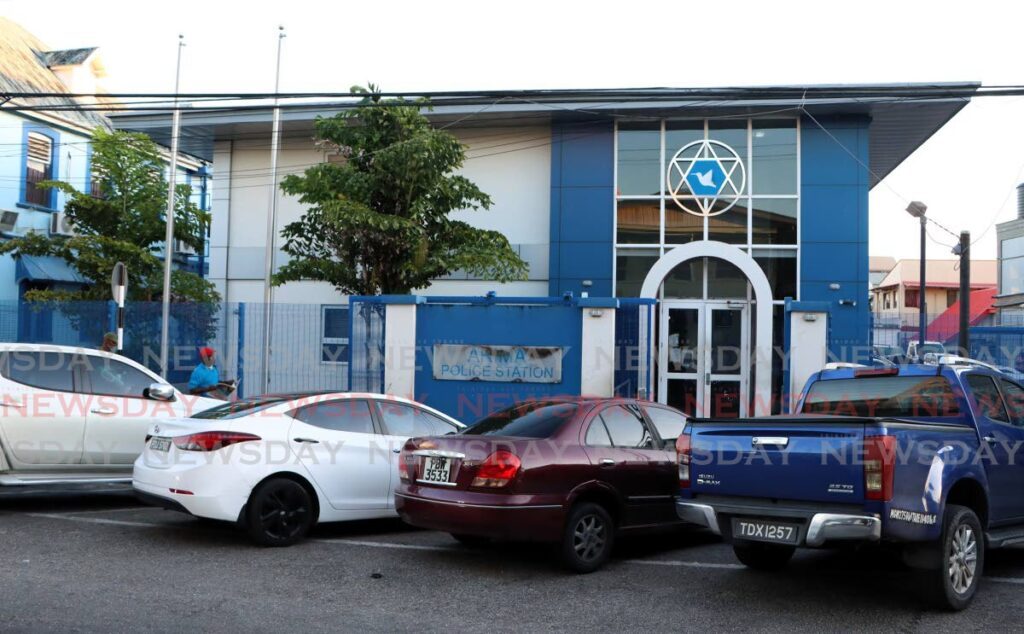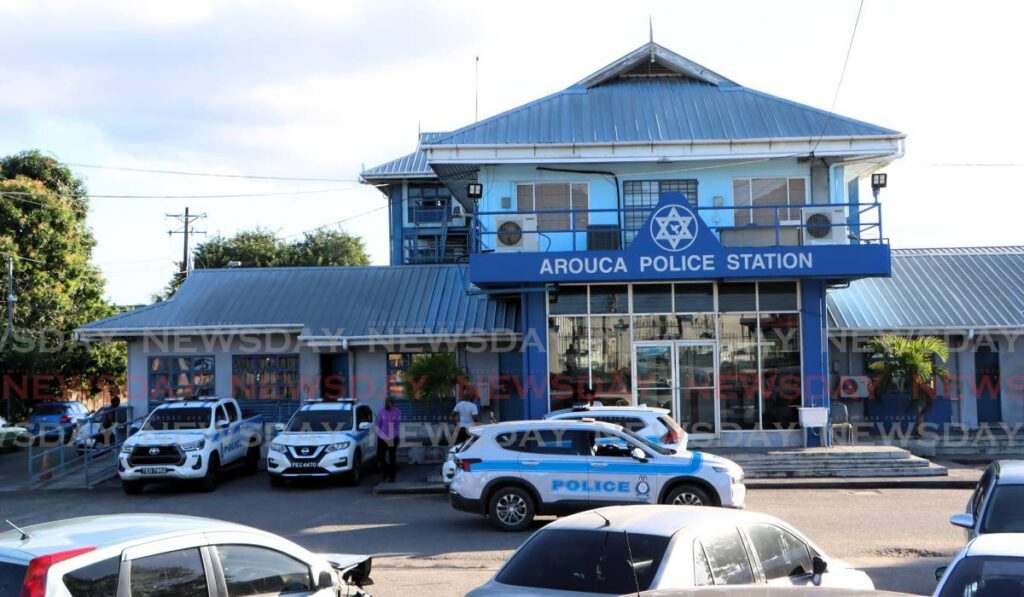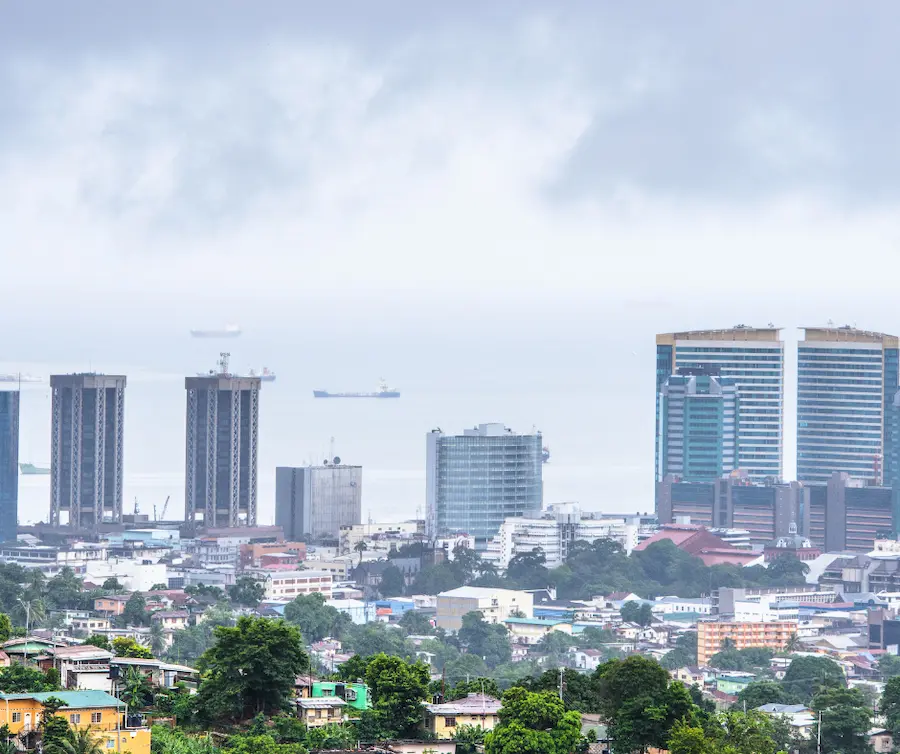

The president of the TT Police Service Social and Welfare Association (TTPSWA), ASP Gideon Dickson, has expressed concern over recent comments made by the Prime Minister about police turning off lights and closing the doors to stations as a sign of being afraid of criminals.
He said some stations with glass frontage were a security risk to officers as people could see inside when the lights were on at night.
On January 13, Dr Rowley spoke in Parliament during a motion for the extension of the state of emergency (SoE) that was declared on December 30.
He said from what he was told, in some districts, police have resorted to closing the doors and turning off the lights at their stations out of fear of criminals. He claimed officers stay inside, hoping the criminals do not come at them.
Dickson, however, found Rowley's comments "startling, to say the least" and strongly disagreed with the characterisation.
>

Speaking to Newsday by phone on January 14, Dickson clarified that the practice of turning off lights and closing doors at some police stations has nothing to do with fear of criminals.
"We do not have that information. The lights being off and doors closed have nothing to do with the criminal elements. The lights are taken off because it is a security measure we adopt as an organisation," Dickson said.
He explained that many police stations are in buildings surrounded by glass (some with tints), which helps with the humidity and temperature during the day, especially when the sun is out.
However, this creates safety concerns at night because those outside have an advantage when it comes to seeing inside.
He insisted that the lights were turned off at night, not due to fear, but to avoid providing visibility for potential threats outside the building.
"In the night, that tint obscures the person's inside vision. The people outside would have the upper hand in terms of seeing inside, especially if there is light inside," Dickson said.
He further explained that the decision to keep the doors closed was due to the need for air conditioning.
He said this is a "common practice" and not an indication of officers' fear of criminal activity.
>
Dickson added, "If those doors are opened, some might accuse the police of abusing the facilities provided to them. Leaving doors open can cause a strain on the air-conditioning units."
Saying that the service is understaffed, Dickson added that the officers are working hard despite the challenges.
"The public could do the assessment. There are 12 murders, and we are on 16 days of the SoE and 14 days of the year. This time, a year ago, two years ago, the numbers were higher. So things are happening," he said.
"But we need to get our resources, our manpower up. We are nearing 1,500 officers short. I think the prime minister and the ministry (national security) could do a lot more in terms of providing what is necessary for us to be sufficiently resourced."
He renewed suggestions for SRPs to be absorbed with regular police to strengthen the service, saying they already have the on-the-job experience.
"We are operating far from ideal. All we require is to be properly trained and sufficiently resourced."
Calls to officials from the National Security Ministry went unanswered.
In response to the PM's statement, CoP Erla Harewood-Christopher said it has "generated public commentary related to the operational readiness and courage of police
officers in the discharge of their duty."
>
She said that based on a long-standing policy police stations have three different categories, which determines the scope of services, based on their location.

Harewood-Christopher said, "based on the high demand for policing nationwide this policy was amended and all police stations were mandated to remain operational full-time, 24 hours each day, seven days per week." She said there are security protocols for police stations and those have been heightened during the SoE, without elaborating.
In October 2024, the Special Branch raised concerns about the safety of prosecutors at the Office of the Director of Public Prosecutions (DPP) in Port of Spain to occupy a glass building at Park and Henry Streets in the capital city.
The government spent $55 million on rent at the Park Street property since 2019 as well as on the installation of bulletproofing on glass windows.
However, due to ongoing security concerns – particularly because the building was located near the high-crime East Dry River area – the landlord ended the agreement as police recommended additional security measures to be constructed. The lease for the building was terminated in September 2023.
The DPP's office is currently in the Winsure Building on Richmond Street, Port of Spain and a plan to relocate the office to St Vincent Street is being considered.
In 2020, under then AG and Minister of Legal Affairs Faris Al-Rawi a bullet from a long-range weapon pierced the window pane of the Ministry of the Attorney General and Legal Affairs at Government Campus Plaza in Port of Spain.
A bullet entered a window on the western side of the building on the third floor.
>
It hit a cubicle nearby and lodged itself in.
No one was injured.


